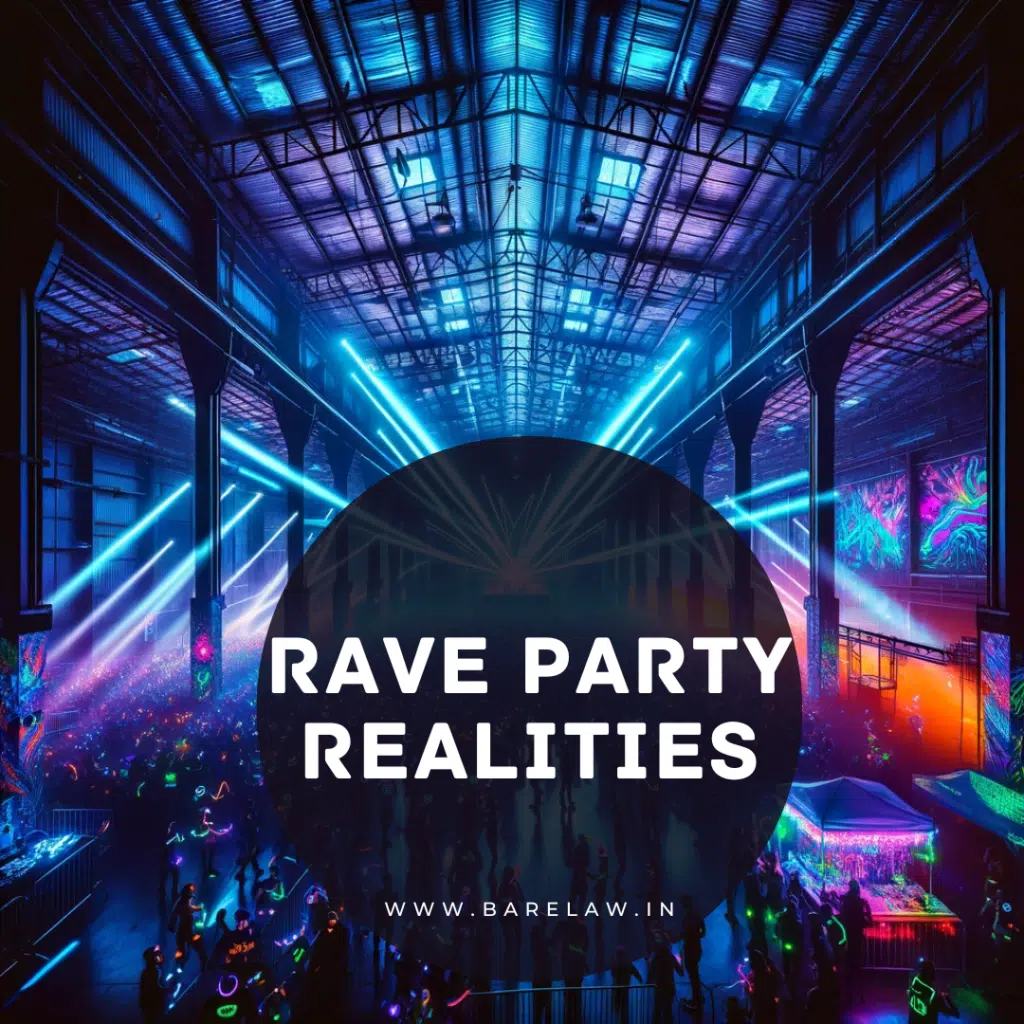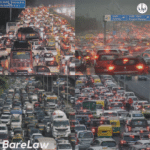
Rave Party Realities
Late night rave parties that are generally a purveyor of electronic music have often been at the receiving end of legal actions in India, thanks to the drug abuse associated with this style of music. Although a rave is defined as a private event rather than a law breach, drugs supply and use in the course of rave actions are addressed by many legal restrictions directly and thoroughly.
India law enforcers are very much conducive to rave parties because of the common leakages of drugs like cocaine, MDMA, LSD, etc to cannabis and etc. The presence of narcotics and drugs used as afterbirth causes a party illegal, because the movement, consumption and accommodation of these products is considered under act NDPS Act1 unlawful.
Those found indulging in activities involving controlled substances at rave parties can be booked under various sections of the NDPS Act. The NDPS Act is the primary legislation that deals with narcotic drugs and psychotropic substances in India. It includes provisions for the control and regulation of operations relating to narcotic drugs and psychotropic substances, outlines the punishment for their illicit trafficking, and provides the framework for the forfeiture of property derived from, or used in, illicit traffic2.
In addition to the NDPS Act, some behaviors at rave parties would also be punished under the Indian Penal Code consisting of diversity of sections offences covered by the code. The late acts of the IPC embrace criminal nuisances as up anyone’s trust, proceedings against the state, and above, offences concerning religion. This includes a rave party that leads to a general disorder in public or is linked with actions that can be considered as obscene or are in the public’s perception of the public morality, hence the relevant areas of IPC can be used3.
The deliberately putting in of a special law in regard to the rave parties’ organizing in India by law enforcement officials is under debate as rave parties are growing in popularity day by day and are viewed as a corrupting youth decrease. By Victoria and in for instance some countries anti-rave laws give power to the law enforcement to raid those events and impose tough penalties. However, based on the current law situation in India, a specialized anti-rave law is yet to be drawn, the need for which is, nonetheless, being realized by the flag-bearers of the administration.
In sum, however, while the partying with music is not an contravention of the law the rave party features are being systematically criminalized, especially the few that seem to be around drug use. The organizers and participants themselves hold this mutual obligation of remaining in the limit of law and order.



